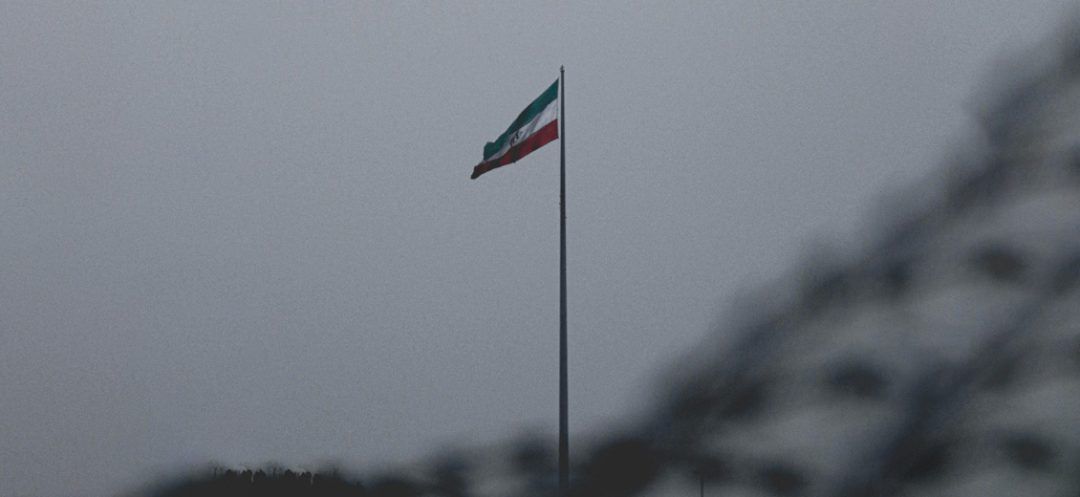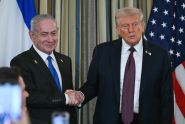
No matter which formula is adopted, there will be no solution to the presidential deadlock in Lebanon without Iran’s involvement. This is the message that Tehran conveyed to whom it may concern, despite all the vain initiatives taken to give an impression of progress.
Internally, after the botched initiative taken by the National Moderation Bloc whose aim was to unite all Lebanese, a new initiative was born from the Progressive Socialist Party. This one, too, will prove ineffective.
Before all of this, France had its own plans, through its envoy Jean-Yves Le Drian whose comings on goings were nothing more than protocol visits, to the point that the Lebanese officials were surprised to hear him asking to meet them – as if Le Drian now had a new strategy. In the end, it turned out to be a rehashing of the same themes. The problem also applies to the Quintet, which tried to unearth some solutions, only to reach a dead end, especially since some of its members are enemies of Hezbollah and cannot possibly solve the issue.
Simultaneously, Speaker of Parliament Nabih Berri still insists on dialogue, provided that such an initiative can be the first of many parliamentary sessions to elect a President – at a time when the opposite side, notably the Lebanese Forces, maintains that this situation should not become a custom. In other terms, the presidential elections should not depend solely on a call for dialogue made by the Speaker of Parliament to that end.
Amidst all the constitutional dilly-dallying and the news covering meaningless events, it has become ever clearer that Iran is in control, as it reduces every initiative taken to failure. Tehran still uses Lebanon as leverage in its negotiations, even more so given the current regional turmoil.
Another factor to be added to the equation is the political change in Iran that was brought about by the death of its president. In Lebanon, Hezbollah uses the logic of political supremacy, the last event of this nature being the approval of indemnities to be paid to the families of victims from the war in the south – whereas the State itself could not provide compensation to the victims of the Beirut port explosion. Although the Sate cannot pay these indemnities – although it does not shy away from siphoning this money right out of depositors’ accounts, and some of it from the taxes paid by the Lebanese citizens –, it did not hold Hezbollah accountable for the war which the pro-Iranian formation is waging with no regard for the country’s sovereign decision. The group did what it wanted to do, imposing this compensation on the State, leaving it with no other choice. Going to war or not, and electing a President, is Iran’s decision to make. So far, nothing indicates that the deadlock in Lebanon will be broken any time soon because the US, one of the major players, is preparing its elections to be held in November. Furthermore, neither President Joe Biden nor his rival Donald Trump will cut Iran any slack, before or after the elections in question. In the meantime, Lebanon will enjoy summer and a semblance of joy, while denying its State any authority. The summer will be spent on the beach, and as for the presidency, it will be consumed by the fires of Hell.
Read more



Comments